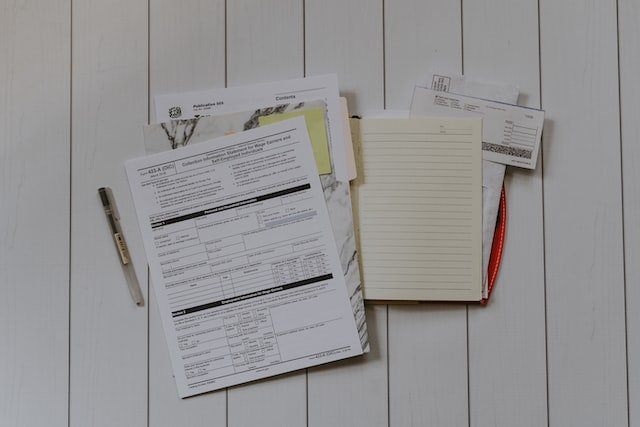Inheritance taxes are expensive, so make sure to avoid them in order to protect your estate. In this article you learn just how you can avoid inheritance tax when passing on property to loved ones as well as other ways involving trusts and trusts that you might not have considered!
What is Inheritance Tax?
Inheritance tax is a tax that is paid by the estate of someone who has died. It is a tax on the total amount of money that is transferred to anyone when the deceased person dies.
There are specific rules that apply to inheritance tax. First, any property that is transferred in connection with the deceased person’s death must be included in the value of the estate. This includes both property that was owned by the deceased person and property that was acquired from someone else.
Inheritance tax will be payable on the total value of the estate, even if only a portion of it is actually transferred to the recipients. For this reason, it is important to plan carefully before someone dies, so that all of the property they wish to pass on can be included in their estate.
Inheritance tax is a very complicated area of tax law, and it is essential to have expert advice if there are any questions about how it works. If you are planning to pass on your property, it is best to speak to an accountant or lawyer before doing so.
Types of Inheritance Taxes
There are two main types of inheritance taxes: estate and gift taxes.
Estate taxes are levied when a person passes on property to their heirs. These taxes can range from a fraction of a percent to as much as 45% of the value of the property. Estate taxes are usually calculated based on the total value of the estate, not just the value of the property that is passed on.
Gift taxes are levied when someone gives something (sometimes called a gift) to someone else without expecting anything in return. This type of tax is usually imposed only on very large gifts (more than $15,000). Gift taxes can be as high as 40% of the value of the gift.
Both estate and gift taxes are paid by the heirs, but they vary in terms of what is taxable and how it is taxed. It is important to consult an accountant or tax specialist to determine which type of inheritance tax applies to your situation.
When Can I Avoid Inheritance Tax?
When you die, the law says that your estate will be taxed. This means that your taxable estate will be the total value of all your assets, including property you own and possessions you leave behind.
There are different ways that you can avoid inheritance tax. One way is to give away all or part of your estate while you’re still alive. You can also make a Will, which is a legal document that sets out how your estate will be distributed after you die.
Another way to avoid inheritance tax is to use a Trust. A Trust is a type of legal arrangement that allows you to keep all or part of your estate safe and untaxed. You create a Trust by signing a formal document with authorized people. The Trustee then manages the assets in the Trust for you and pays any taxes that may be due on them. This way, you don’t have to worry about paying inheritance tax yourself.
What Properties Are Not Subject To Inheritance Tax?
There are a few types of property that are not subject to inheritance tax. These include property used for business purposes, income-producing property, and properties that are gifted to charity.
Some other properties that are not subject to inheritance tax include properties used for personal residence, primary residences, and second homes. These properties are also exempt from capital gains tax when they are sold.
There are a few exceptions to this rule, however. Properties that have been used as a means of avoiding taxes, for example, property that has been exploited for tax evasion purposes, may be subject to inheritance tax. Additionally, certain family members who inherit a deceased person’s primary residence will be taxed on the value of the home at its fair market value rather than the value at which it was inherited.
Also read: 4 Self Employment Tax Deductions
Giving the Property as a Gift
One way to avoid inheritance tax when passing on property is to give the property as a gift. This will avoid any taxable inheritance and will also reduce the value of the property on the estate tax return.
There are a few limitations to this method, though. The property must be given as a gift within five years of the decedent’s death, and the giver must be able to prove that they did not profit in any way from the gift. If the property was rented out or used for business purposes, it may not qualify as a gift.
Another option is to sell the property and use the proceeds from the sale to pay for inheritance tax. This will reduce the value of the estate on the tax return, but it may still be worth considering if there are significant deductions available for estate taxes.
